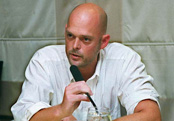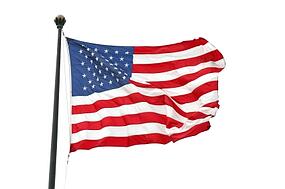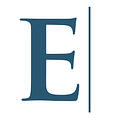
Menu
-
Solutions
-
Our Solutions
-
AcademicSurface potential plagiarism prior to publication with iThenticate’s expansive content database.
-
AdmissionsScreen personal essays for potential plagiarism and help ensure the highest level of integrity even before matriculation.
-
GovernmentEnsure the originality of public-facing content, from legal documents to grant applications, and reporting.
-
MedicalPrevent invalid findings dissemination, grant misconduct, and improper medical practices.
-
PublishingProtect your journal’s reputation by publishing only the highest quality articles.
-
-
Resources
-
Our Resources
-
FAQFind the answers to the commonly asked questions about how iThenticate works.
-
Content DatabaseComprehensive coverage you can trust across the internet, scholarly articles, and industry papers.
-
GuidanceSearch our comprehensive site for the launch, integration and usage information.
-
-
Pricing
-
Login
-
Buy Credits

 The recent plagiarism scandals in Germany
The recent plagiarism scandals in Germany
 Jonah Lehrer, best known for a plagiarism and fabrication scandal that ended his once-promising career in science journalism, recently created a controversy
Jonah Lehrer, best known for a plagiarism and fabrication scandal that ended his once-promising career in science journalism, recently created a controversy  It’s been another rough week for German Chancellor Angela Merkel. Annette Schavan, a member of Merkel’s cabinet and the Education Minister for the country, has
It’s been another rough week for German Chancellor Angela Merkel. Annette Schavan, a member of Merkel’s cabinet and the Education Minister for the country, has  There are few accusations and allegations that can haunt a person and their career longer than an allegation of plagiarism. This is partly because plagiarism is seen as a serious offence, especially in academic, journalism and literary circles. However, it’s also because the lines between what is and is not plagiarism is frequently blurry and prone to debate.
There are few accusations and allegations that can haunt a person and their career longer than an allegation of plagiarism. This is partly because plagiarism is seen as a serious offence, especially in academic, journalism and literary circles. However, it’s also because the lines between what is and is not plagiarism is frequently blurry and prone to debate. For the second time in under a year, a reporter at the Washington Post has been accused of plagiarism and has faced disciplinary action because of it.
For the second time in under a year, a reporter at the Washington Post has been accused of plagiarism and has faced disciplinary action because of it.